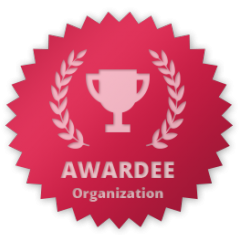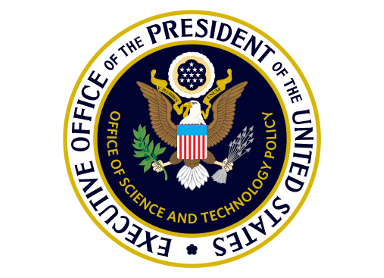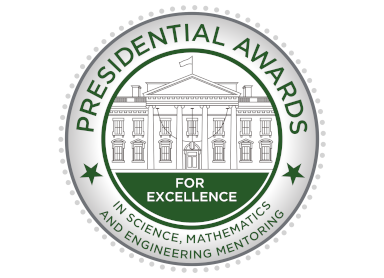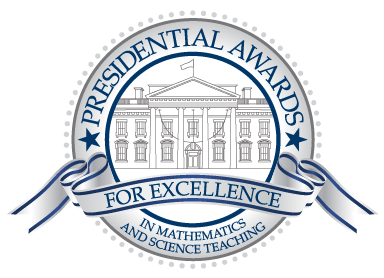The National GEM Consortium
Alexandria,
VA |
2021
For GEM, receiving the Presidential Award means validation for every single mentor over the past four decades that has been instrumental in shaping the next generation of STEM practitioners. The GEM model is a "pay it forward" system. Incoming fellows receive guidance and advice from an entire community of alums, academics, and industry mentors and upon graduation from school, they return to the community to give back to the next generation. This award is the best way to say thanks to them.
The official biography below was current at the time of the award.
See the organization's
website
for its latest information.
The National Consortium for Graduate DGRS Minorities in Engineering, or The National GEM Consortium as it is now called, has been providing both financial and career support to over 6,000 underrepresented minorities (URMs) in STEM fields for the past 45 years across the country. The program focuses on empowering African American, Hispanic American, and Native American undergraduates and master’s students to achieve their highest potential by financially fully supporting their entire master's or Ph.D. programs and immersing them into the GEM network of alumni—industry and academic professionals—who not only provide technical training but also organically become peer mentors for them.
The mission of GEM—made up of over 120 of the top academic institutions in the country and over 50 major corporations—is to enhance the value of the nation’s human capital by increasing the participation of underrepresented groups (African Americans, American Indians, and Hispanic Americans) at the master’s and doctoral levels in engineering and science. GEM prepares and selects highly qualified fellows to complete a program of graduate study and internships through its university and corporate members, alumni, and other strategic partners. GEM develops funding to award fellowships and builds networks to support fellows in achieving success.
In 1974, Ted Habarth, Johns Hopkins University Applied Physics Laboratory's affirmative action officer, drafted a national consortium proposal to increase participation of minorities and women in engineering. That led to six fellows being sponsored in 1976. 45 years later, GEM sponsors 400+ fellows per year, over 90% of whom complete their programs. Half of the current minority female deans of engineering schools in the country are GEM alums.
Organization Representative Contact Information





